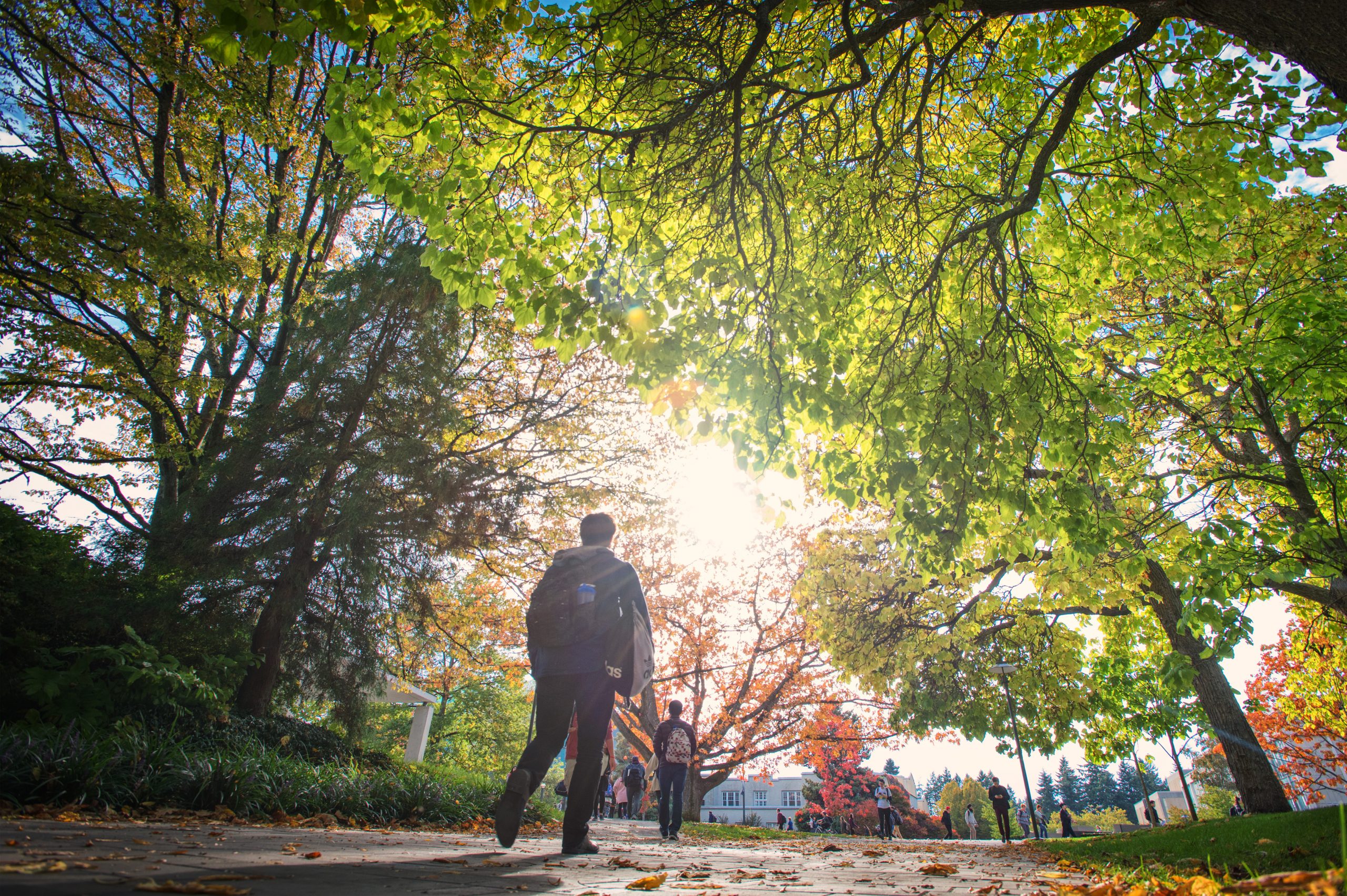
Peter Wall Legacy Award Recipients
Each year, UBC celebrates the recipients of the Peter Wall Legacy Awards, made possible through the $150 million+ Peter Wall Endowment. Valued at a total of $4M annually, these fellowships and research awards support scholars whose work addresses major sustainability challenges in British Columbia and around the world.
All projects align with three key areas of focus: urban sustainability, environmental protection of coastal areas, and sustainable approaches to resource-intensive industries, with a particular emphasis on the province of B.C. Research ranges from climate change to biodiversity loss, sustainable transportation, energy storage, urban water systems, biodiversity conservation, and more.


